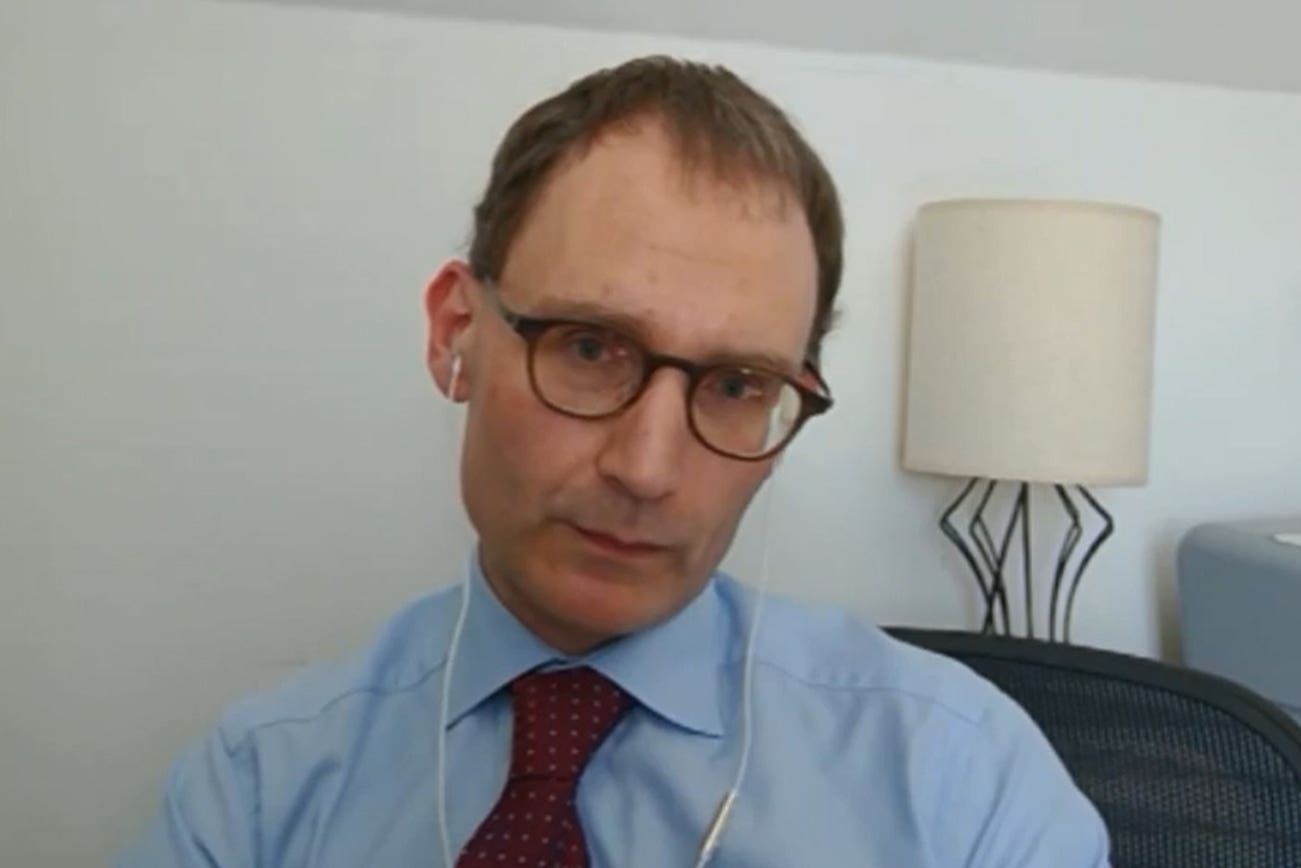UK’s monkeypox situation ‘very positive’ as cases continue to fall
Professor Neil Ferguson says vaccination and behavioural changes likely responsible for falling infections

Your support helps us to tell the story
From reproductive rights to climate change to Big Tech, The Independent is on the ground when the story is developing. Whether it's investigating the financials of Elon Musk's pro-Trump PAC or producing our latest documentary, 'The A Word', which shines a light on the American women fighting for reproductive rights, we know how important it is to parse out the facts from the messaging.
At such a critical moment in US history, we need reporters on the ground. Your donation allows us to keep sending journalists to speak to both sides of the story.
The Independent is trusted by Americans across the entire political spectrum. And unlike many other quality news outlets, we choose not to lock Americans out of our reporting and analysis with paywalls. We believe quality journalism should be available to everyone, paid for by those who can afford it.
Your support makes all the difference.The monkeypox situation in the UK is looking “very positive” as cases continue to fall, according to one of the country’s top infectious disease experts.
Professor Neil Ferguson said vaccination and behavioural changes were likely responsible for falling infections.
He told the BBC: “We’re not completely sure of exactly why. Vaccination started to be rolled out so that probably had some effect – but it doesn’t explain it all.
“The most likely hypothesis is that there was quite a big change in behaviour in the most affected community, namely men who have sex with men.”
The Imperial College London academic, whose data was instrumental to the UK going into the first Covid lockdown in March 2020, also told the broadcaster the situation was now “very positive”.
The disease traditionally confined to parts of Africa first came to public attention in the UK in early May when cases began occurring here.
There was a peak of 60 cases per day in mid-July.
In early September there were fewer than 15 cases per day on average.
We have to be alert to the possibility that once case numbers are much lower and maybe people are less vigilant, then we could start to see a resurgence
As of September 26, there were 3,485 confirmed and 150 highly probable cases of monkeypox in the UK.
Prof Ferguson, a member of the Government’s Sage scientific advisory panel, warned against complacency against the disease.
“We have to be alert to the possibility that once case numbers are much lower and maybe people are less vigilant, then we could start to see a resurgence,” he told the BBC.
Those most at risk from monkeypox will be offered second doses of the vaccine, the UK Health Security Agency (UKHSA) said recently.
Sexual health clinics will continue to prioritise offering first doses to those at highest risk.
Some clinics will offer eligible people a second dose, which the UKHSA said should provide longer-term protection.
Modelling published on September 23 suggests vaccinating 25% of the groups most at risk could significantly reduce the risk of transmission.
The Joint Committee on Vaccination and Immunisation (JCVI) endorsed the UKHSA’s proposal to offer second doses to those at highest risk.
There are no current plans to widen the offer of vaccination beyond the existing priority cohorts, but the decision will be kept under review.
Those that are eligible for vaccination will be called by the NHS.
Second doses will be offered from around two or three months after the first dose.
As of September 20, more than 45,000 people have received a dose of the vaccine, including over 40,000 gay, bisexual and other men who have sex with men.